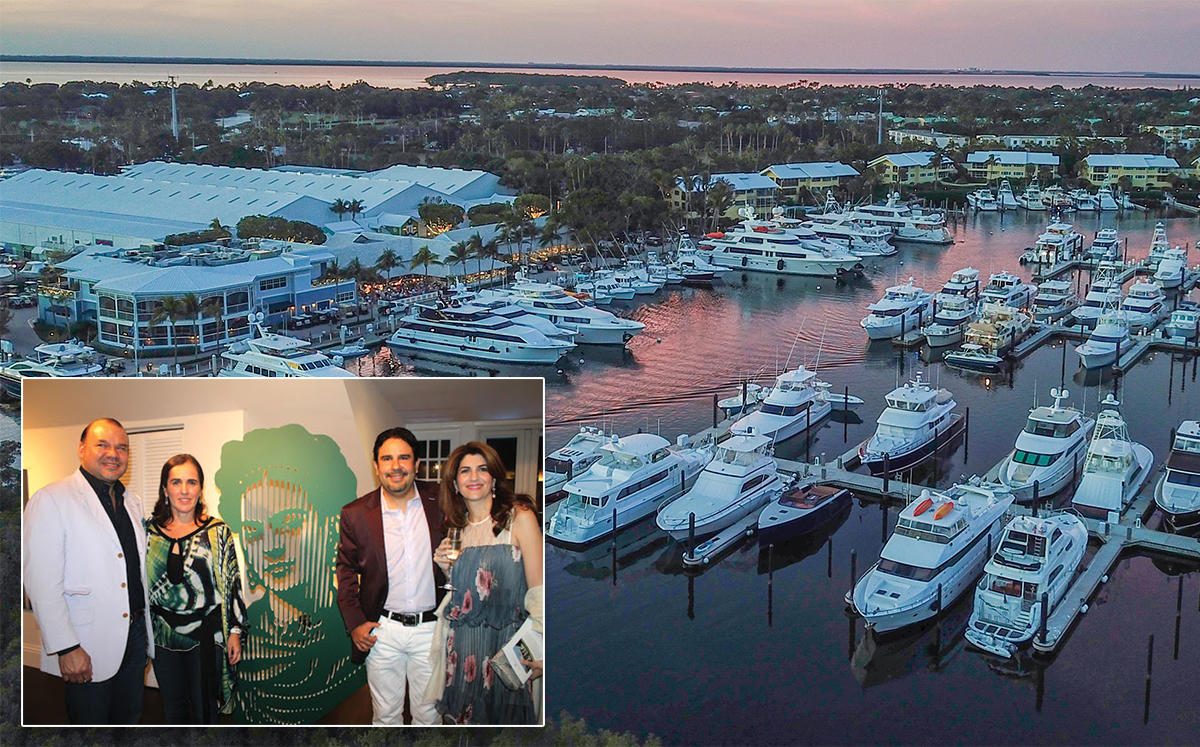For nearly a decade, a trio of Ecuadorian businessmen allegedly ran a real estate Ponzi scheme that defrauded more than $250 million from mostly South American investors, according to a recently filed lawsuit in Miami-Dade Circuit Court that seeks class action status.
Last month, 162 of those investors sued Juan Carlos Cortes, Roberto Cortez, Ernesto Weisson, and their companies South Bay Holding and Biscayne Group, alleging the trio committed securities fraud by issuing worthless promissory notes on nonexistent real estate projects.
Attorneys for the plaintiffs, Cortes, Cortez and Weisson, did not immediately respond to emails and phone messages seeking comment.
According to the complaint, the three men began attempting to develop real estate projects, primarily in Key Biscayne, through South Bay Holding in 1999. Seven years later, South Bay expanded, acquiring 29 lots and associated club memberships at the Ocean Reef Club in Key Largo.
Between 2006 and 2008, Cortez, Cortes and Weisson raised capital from investors, who provided funds through mortgages that the three men never recorded, the lawsuit alleges. Instead, the first mortgage holder was a hard lender affiliated with Cortez, Cortes and Weisson, reflecting a scheme by South Bay’s principals to give themselves priority over their investors, the plaintiffs allege.
As a result, the investors often did not have any rights to South Bay’s alleged development projects, the lawsuit states. The first signs investors were being duped occurred during the 2008 real estate crisis, which left South Bay’s development projects in a “clearly unviable position,” the plaintiffs claim.
South Bay and Biscayne Group failed to generate revenue or sufficient cash flow to pay debt service obligations and fund its development plans, according to the complaint. “The Biscayne Group was essentially a failed business managed by mediocre and unscrupulous individuals,” the lawsuit states. “Rather than accept their projects were unviable and insolvent, defendants created a scheme to hide South Bay Holding’s insolvency and fraudulently draw new funds into their projects to finance their businesses and luxurious lifestyles.”
By 2010, Cortez, Cortes and Weisson were recruiting new investors to put money into the 29 Ocean Reef lots. “The principals presented to investors that their project was viable and picking up steam,” the lawsuit states. “In fact, it was dead in the water.”
In 2016, the alleged scheme began to unravel following an investigation by the Securities and Exchange Commission into South Bay Holding and Biscayne Group. The SEC’s final order “strongly implied” the three men were doing a Ponzi scheme, the lawsuit claims. The SEC found there was no real estate collateral backing the investor-funded mortgages, that South Bay Holding was severely undercapitalized, and that Cortez, Cortes and Weisson had conflicts of interest because they were affiliated with offshore companies used to issue promissory notes to investors, according to the lawsuit.
South Bay Holding and Biscayne Group settled the case and paid $500,000 in fines. Cortez, Cortes and Weisson were also barred from operating an investment advisory business for a three-year period.
When the scheme finally collapsed in mid-2018, Cortez, Cortes and Weisson attempted to divert and hide their real estate assets, the lawsuit alleges.
